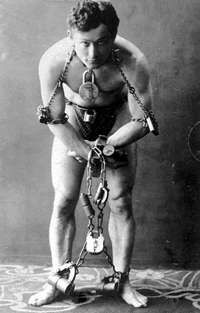A will is supposed to help surviving family and friends dispose of your estate after you've passed away. Many people use it as an opportunity to send a message from beyond the grave, either by punishing potential heirs with nothing or perhaps by giving away something fun or unusual to remember them by.
Where there's a will, there's a way, so make sure you have a good will before you go away for good. Here's our list of 9 strange last wills and testaments.
Advertisement
